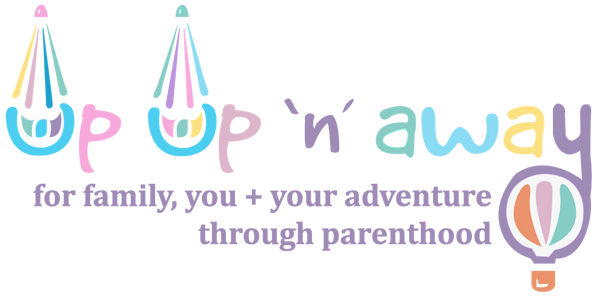Bonding
The bond between a parent or caregiver and a baby is considered to be essential to the child’s emotional growth and development. It is what gives the carer the want and need to care for and respond to their baby and promotes a trust between the two. Bonding allows the baby to feel safe and protected as it grows, and takes place naturally as a baby becomes familiar with the specific sight of you, the way your skin smells and feels and the way your voice sounds. You may start to feel a very strong connection and bond with your baby from before it is even born.
As your baby grows older and starts to interact with you in a more complex way, you may feel the bond between you grow as well. Spending time playing with your baby, encouraging body contact and communicating with them will help to promote a bonds growth. Your baby will also start to bond with other people in their life more, such as siblings, relatives and close friends.
Communicating
Now that your baby is a little older, they’re communication skills have grown exponentially. Their main manner of communicating what he or she needs from you will still be crying, and for many different reasons. He or she will cry when hungry, upset, has a wet or dirty nappy, is feeling overwhelmed or for no reason at all.
As your baby is exposed to more and more methods of communication, they will start to mimic them, such as cooing back at you when you talk to them. Babies like to experiment with the sounds that they can make and will often engage in ‘conversations’. Even though these conversations are nonsense, they provide a platform for your baby to build on in regards to lifelong social skills.
You will also notice your baby developing other forms of communicating, such as making more prolonged eye contact, moving their limbs to reach for you or other people or things, reacting when you speak/sing to them, and reacting to your touch. Interacting with your baby will help them to feel loved and comforted, as well as helping them to develop their communication skills.
Play
Now that your baby is a little bit more aware, mobile, and can control their little fingers enough to grab at things, you might not be surprised to know that playtime is even more fun.
Playing with your baby at this age is about playing simple games and sharing experiences that will help stimulate their imagination. Things such as pulling funny faces, playing peek-a-boo and singing will start to get a greater reaction around the 3 month mark, and baby will start to mimic back to you.
Your baby will most likely enjoy playing with toys that incorporate various textures to familiarise with, sounds to listen to and different visual components. Your baby will also start to interact more with other people and babies they meet. As your baby grows a couple of months older, you will notice they start to enjoy loud, fast and exciting play; such as being bounced on your knee and being lifted in the air.
raisingchildren.net.au. (2020, August 11). Bonding and attachment: babies. Retrieved from https://raisingchildren.net.au/babies/connecting-communicating/bonding/bonding-babies
raisingchildren.net.au. (2018, February 22). Talking and play: babies. Retrieved from https://raisingchildren.net.au/babies/connecting-communicating/communicating/talking-play-babies

